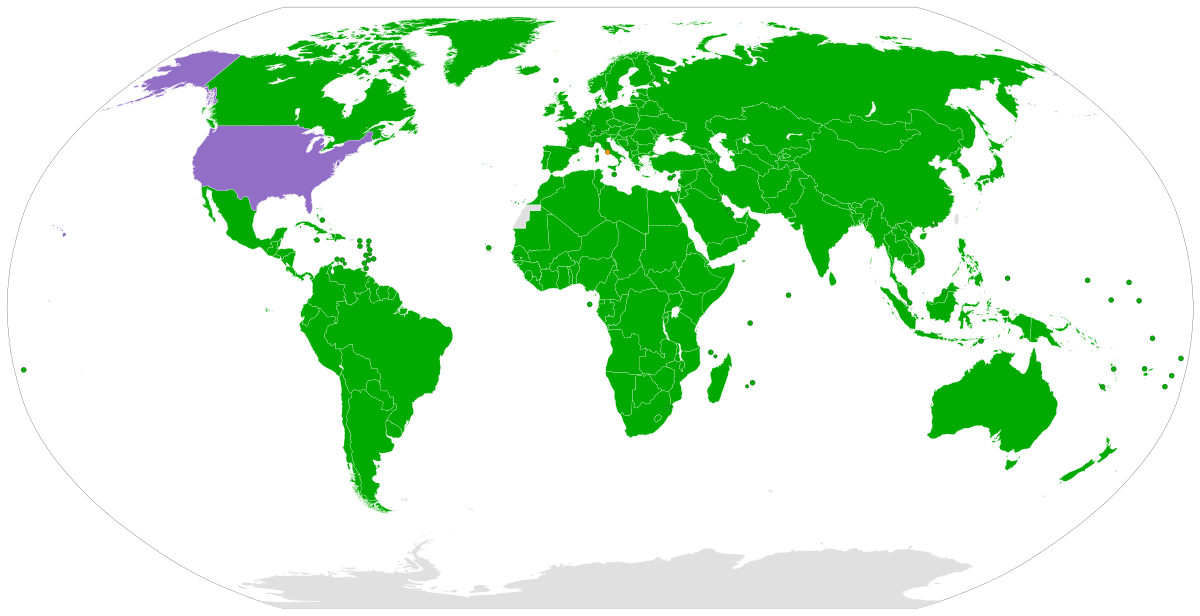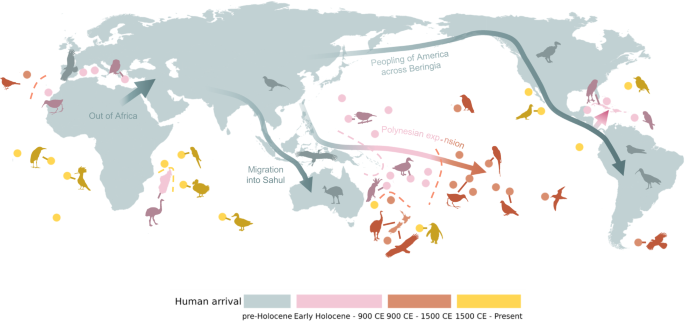Mysticete
Well-known member

Kind of gives you a sobering number there...~1,200 species is the estimate. Which makes sense if you consider island endemics. It's very likely for instance that the Mediterranean islands had a whole host of really cool endemic birds, that we just don't have evidence for because humans took them out way before there were good records. I mean, if Sicily had an endemic...thrush, would anyone be able to distinguish it from other Turdus based on a few fragmentary limb bones? Even today there are birds that were barely discovered before we likely wiped them out, as is the case with some of the Atlantic Forest endemics in Brazil.

 www.smithsonianmag.com
www.smithsonianmag.com

Humans May Have Driven Twice as Many Bird Species to Extinction as Previously Thought
Statistical modeling of undiscovered extinctions suggests 1,430 bird species have disappeared during modern human history










